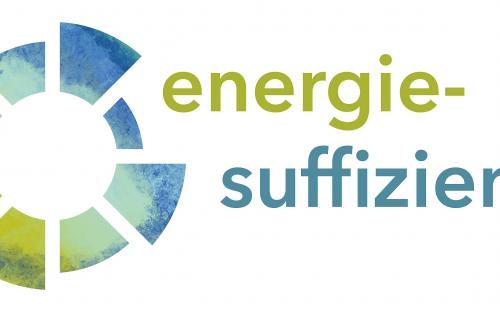In order to be able to acheive the 1.5 degree target, three strategies of the energy transition are needed: sufficiency(of the absolute reduction of energy consumption through social innovations, by phasing out unsustainable structures and by changing people's behavior), efficiency (by using relatively less energy for the same purposes), and consistency (of using renewables instead of fossils). In the political sphere, we under sufficiency almost only in the form of appeals for renunciation and calls for moderation or individual precaution. In contrast, the junior research group wants to explore what sufficiency policies are needed to enable people to consume fewer resources.
The junior research group conducts research on this topic through interdisciplinary cooperation between energy modeling in the engineering sciences, political science, and social-ecological transformation research. The underlining goal is to allow for the effect of sufficiency measures to be measurable, and thus, presentable for energy system modeling. Energy system modeling is largely blind to changes caused by societal transformation, as models have so far only depicted what is easy to quantify. Since these models are often the basis for energy and climate policy, sufficiency measures do not find their way into policy. The group wants to change this by including sufficiency options in models and scenarios.
To this end, the researchers are developing a so-called "sufficiency module" that can be used in various energy models. Sufficiency approaches for climate and energy scenarios are empirically stored in this module and their effects on the demand for electricity, heat and transport are mapped with data.
In order to be able to develop practice-relevant recommendations for action, the junior research group works not only interdisciplinarily but also transdisciplinarily with practical partners from municipalities, federal politics and associations such as state consumer centers.

